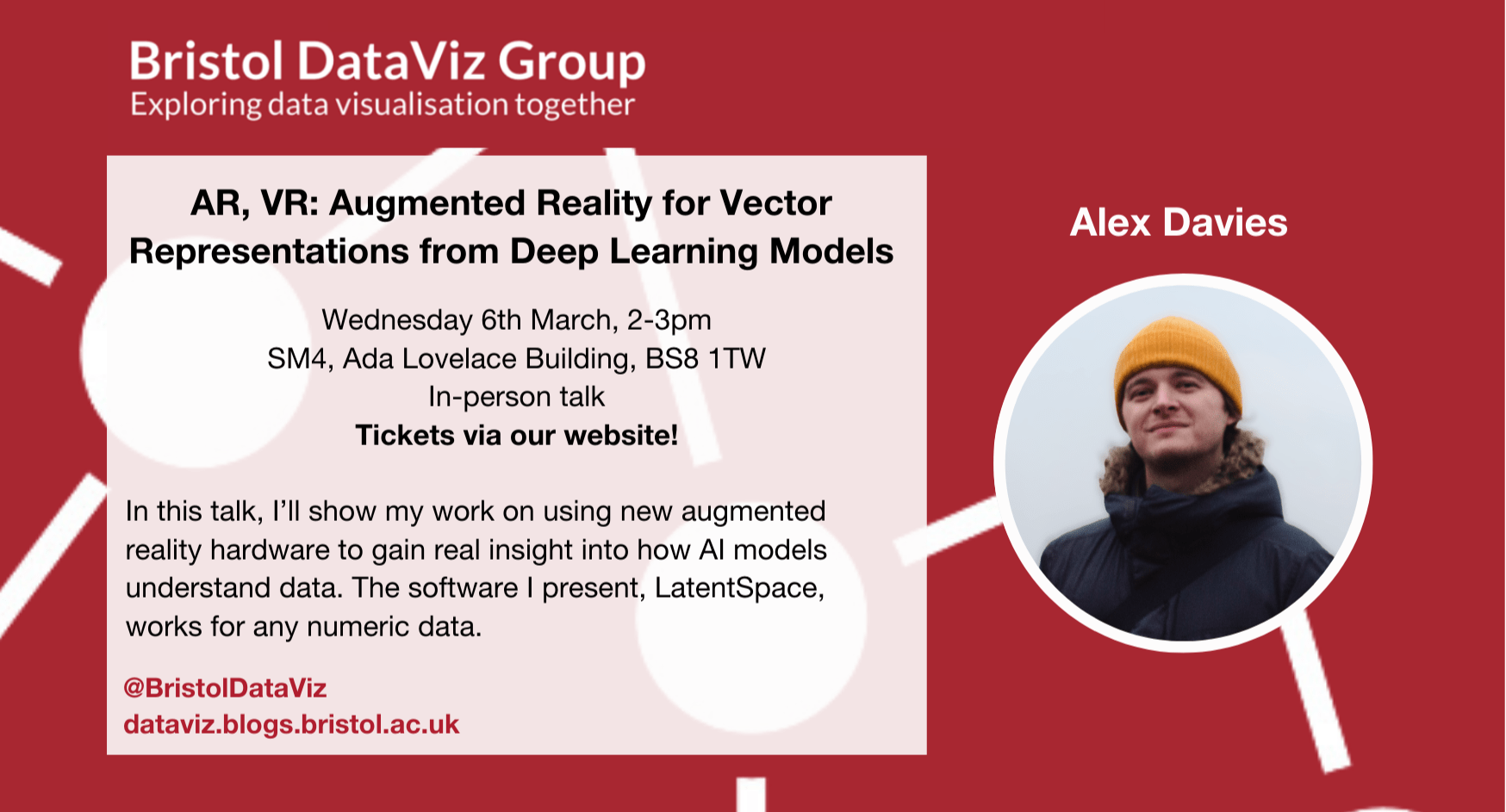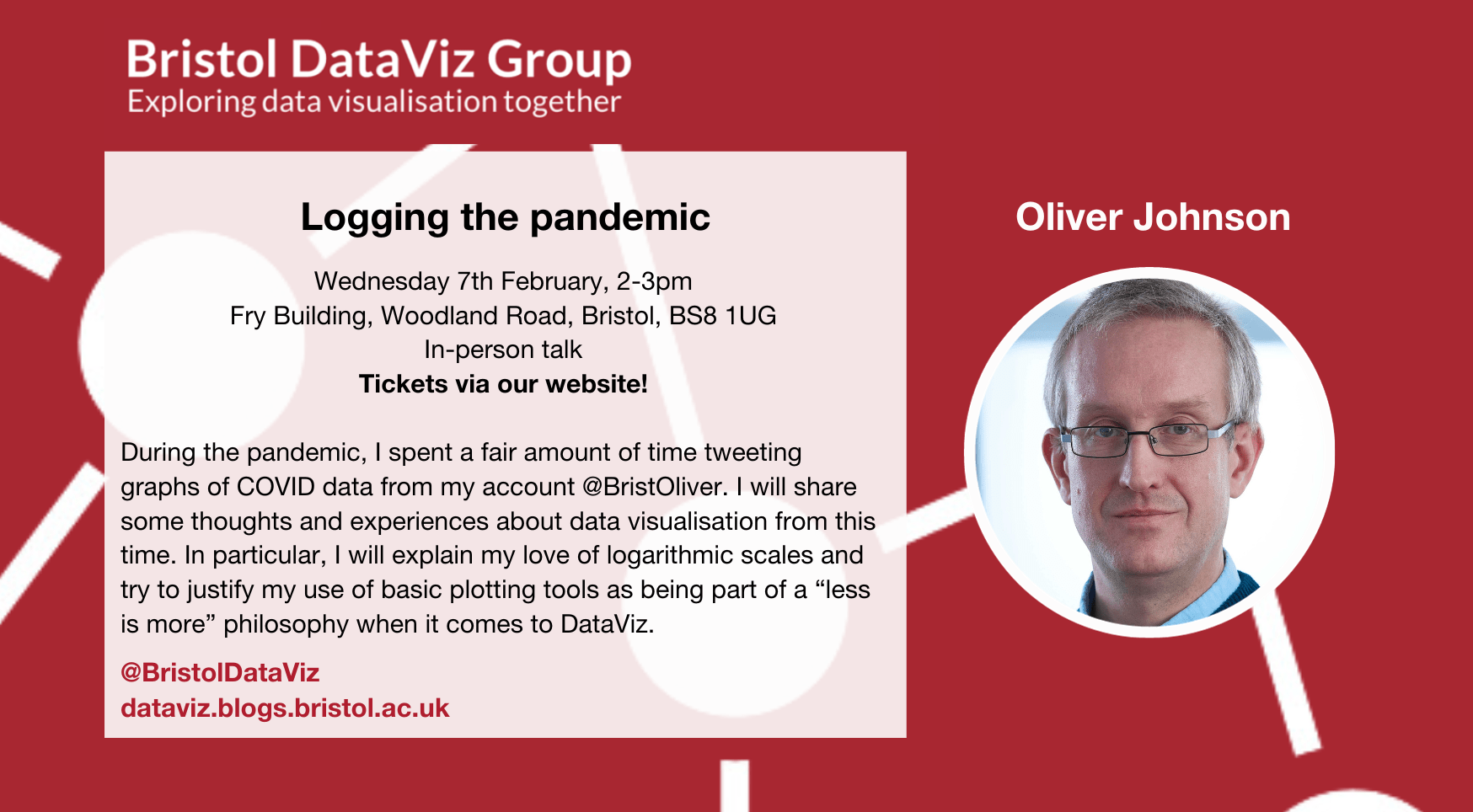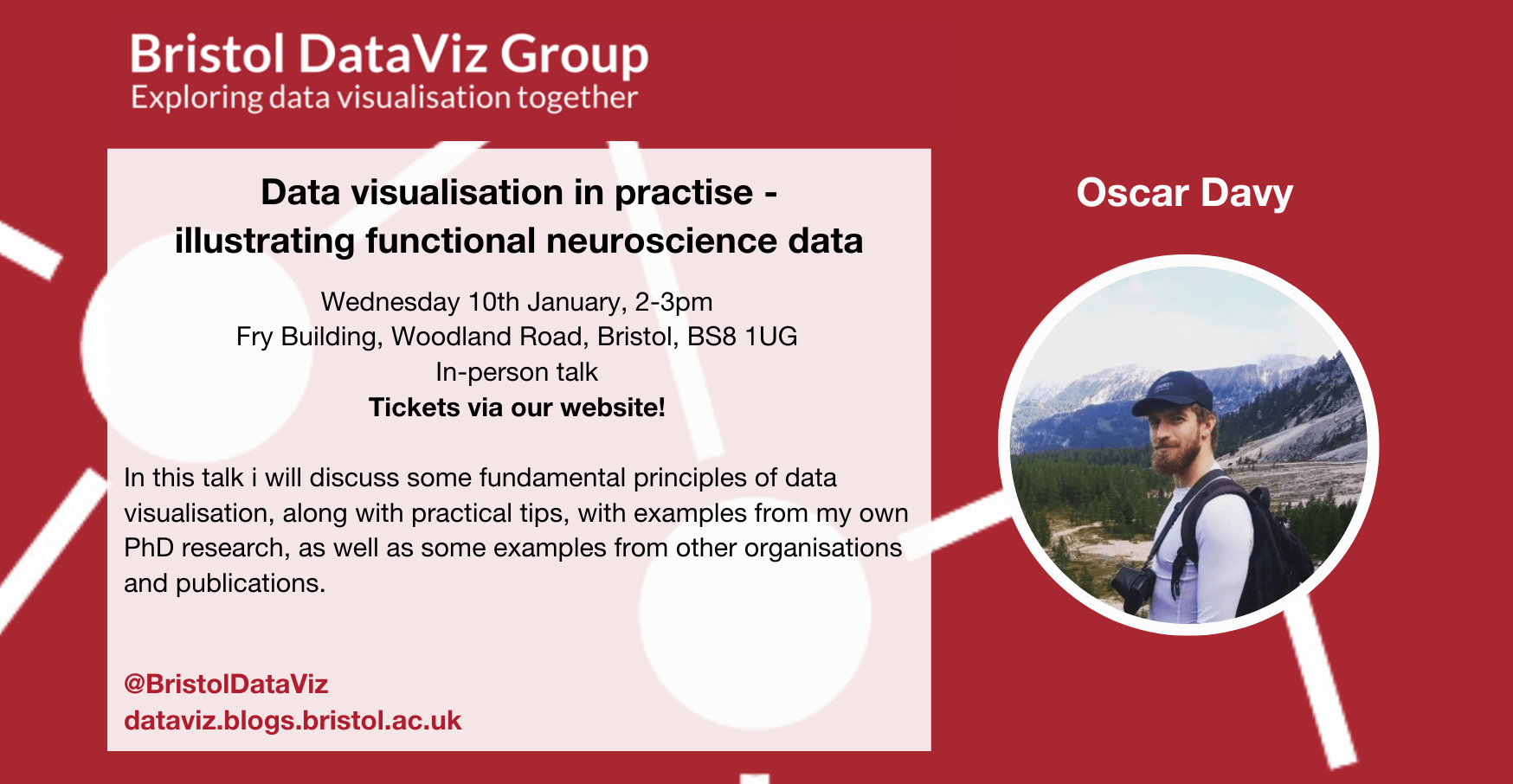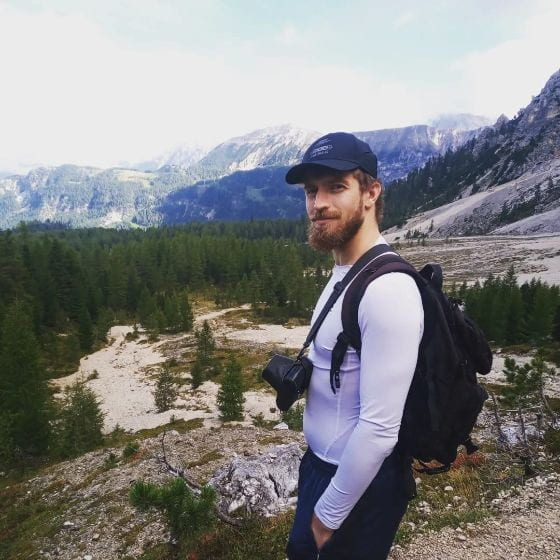We are pleased to welcome Rich Sanders, Geospatial Consultant at NHS South, Central and West. In this talk, Richard will be describing how the NHS South, Central and West have been developing geospatial solutions to help partners in NHS England address the current outbreak of Measles. Their focus is on looking at the uptake of MMR (Measles, Mumps and Rubella) vaccination uptake and trying to find patterns of low uptake, especially when they’re related to health inequalities and social deprivation.

Monday 3rd June, 12-1pm
Online (Zoom) as part of Bristol Data Week 2024

Rich Sanders
Rich is a Geospatial Consultant, and joined SCW in 2016. He has a BSc in Biological Sciences and MSc in Applied GIS from University of the West of England. He previously spent 13 years working in GIS at Sustrans, a sustainable travel charity, planning and maintaining cycle routes and producing maps, statistics and graphics. He has also worked for Public Health England and in the pharmaceutical industry. His skills include; mapping and analysis and cartography. Family life is keeping Rich busy at the moment, but in his spare time he loves to ride and maintain bikes.
Bristol Data Week 2024
This event is part of Bristol Data Week 2024, organised by the Jean Golding Institute. Running from Monday 3rd June – Friday 7th June 2024, this will be our 7th annual Data Week; an interactive programme of speakers, training and workshops open to all and completely free of charge.
Keep up to date with sessions happening throughout Bristol Data Week on the Jean Golding Institute website follow us on Twitter @JGIBristol and use #BristolDataWeek.








